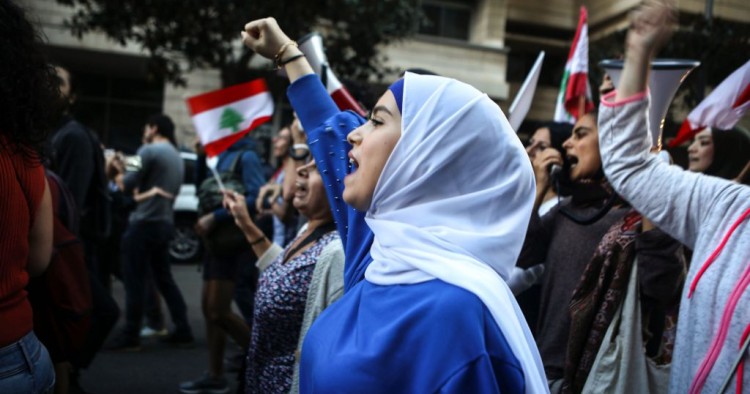The conditions that led to the 2011 Arab Spring protests continue to linger in the Middle East and North Africa. Widespread corruption, political repression, human rights abuses, and economic difficulties proliferate throughout the region, and have been complicated by the COVID-19 pandemic. Tunisia is often considered an Arab Spring success story, but despite a number of notable improvements since 2011, its fragile democratic transition has had little impact on the day-to-day lives of average Tunisians, and the economic realities that led to the 2011 uprising largely remain unchanged. In countries such as Syria, Yemen, and Libya, civil conflict and foreign intervention have worsened these crises without addressing the root causes of instability.
How have the Arab Spring protests changed the Middle East and affected regional stability over the past decade? What role does the United States play in the various crises throughout MENA and how does it affect American foreign policy goals?
The Middle East Institute (MEI) is pleased to host its second event in a series to discuss the recently published briefing book, Election 2020: Challenges and Opportunities for US Policy in the Middle East. The briefs in this book offer policy insights from MEI scholars on key issues in the Middle East and serve as a contribution to the broader discussion about the challenges and opportunities for US policy in the region.
Speakers:
Nadwa Al-Dawsari
Non-resident Scholar, MEI
William Lawrence
Professor of Political Science and International Affairs, American University
Charles Lister
Senior fellow and director, Countering Terrorism and Extremism and Syria Programs, MEI
Mirette F. Mabrouk
Director and senior fellow, Egypt program, MEI
Ibrahim Al-Assil, moderator
Senior fellow, MEI
Photo by PATRICK BAZ/AFP via Getty Images












